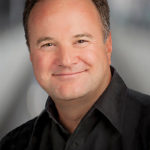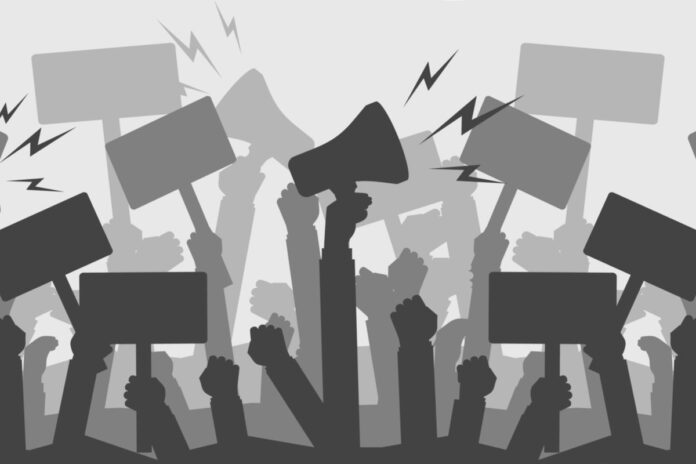I grew up in a time of social unrest and political protest. My parents were antiwar activists and involved in the civil rights movement, so every night we watched Walter Cronkite from our dinner table as he brought news of the Vietnam War and political protest into our home. After the broadcast, we talked about the issues of the day. Even though I was a youngster, I understood, as Stephen Stills said, there were “battle lines being drawn” between the old ways of thinking and the new.
Music was a big part of the social revolution of the 1960s and early 1970s. Peter, Paul, and Mary sang a beautiful folk song written by Pete Seeger asking where all the flowers had gone. As the verses unfolded, it told a story: Flowers were picked by young women who went on to marry young men who became soldiers who died in war and were buried in graveyards where flowers subsequently bloomed. The song was powerful and moving in its simplicity.
With a much more assertive message, Neil Young sang about “four dead in Ohio,” a treatise on the killings of unarmed antiwar protesters by National Guard troops at Kent State University. “Ohio” was one of many songs symbolizing a new movement that insisted on speaking out against the war and social injustice.
Preaching love and tolerance, John Lennon pleaded in song that we “give peace a chance” and imagined a day when all people were “living life in peace.”
Bob Dylan asked, “How many times must the cannon balls fly before they’re forever banned?”
John Fogerty wrote “Fortunate Son” as a pointed statement about rich people who orchestrate wars and then draft the poor to fight in them. His words resonate today, when we have a president who avoided military service due to “bone spurs” (which don’t seem to keep him off the golf course).
A decade after the war in Vietnam ended, Bruce Springsteen sang the story of a veteran struggling to adjust to civilian life and feeling unaccepted everywhere he turned. “Born in the USA” remains a powerful antiwar anthem, though it’s been co-opted in perverse ways.
Today, when our nation is at another breaking point, when there are sharp divides between political parties, when the only lives that some think matter are those of affluent white men while all others have to take to the street to demand equality and respect, where are the protest songs? Where are the lyrics that can unite us, inspire us, and help move us forward?
I want to hear Celine Dion sing about racism standing outside a Trump rally, while inside the president extols the virtues of keeping the symbols of the Confederacy alive and insists there are “good people on both sides.”
I want to hear Ed Sheeran sing that black lives matter outside the Minneapolis courtroom when George Floyd’s murderers are put on trial.
I want to hear Taylor Swift demand an end to white nationalism during a performance at the Grand Ole Opry.
In 1968, Dick Holler wrote the song “Abraham, Martin, and John” as a tribute to the memory of four assassinated Americans who pushed for social change: Abraham Lincoln, Martin Luther King Jr., John F. Kennedy, and Bobby Kennedy. Today we need someone to write about George Floyd, Breonna Taylor, Atatiana Jefferson, Botham Jean, Philando Castille, and so many others.
Recently, when asked about black Americans killed by police, Trump replied “so are white people.” Rejecting the fact black people suffer disproportionately from police brutality, he added, “More white people, by the way.”
Trump, who retweeted a video of a supporter shouting “white power” and said he would oppose any effort to remove Confederate names from military bases, is on the wrong side of history. We need our musical poets to put peaceful, unifying messages into lyrics to lift our awareness and fill our souls with a passion to make the United States a better place for all. We need our nation to sing once again about equality; about a country where people are judged not by the color of their skin, but by the content of their character.
The times they are a-changing once again. Sing it loud.
 Randall Huft is president and creative director at Innovation Agency, an advertising, branding, and public relations firm specializing in the cannabis industry. While working with blue-chip companies including AT&T, United Airlines, IBM, Walgreens, American Express, Toyota, and Disney, he discovered what works, what doesn’t, and how to gain market share.
Randall Huft is president and creative director at Innovation Agency, an advertising, branding, and public relations firm specializing in the cannabis industry. While working with blue-chip companies including AT&T, United Airlines, IBM, Walgreens, American Express, Toyota, and Disney, he discovered what works, what doesn’t, and how to gain market share.


